
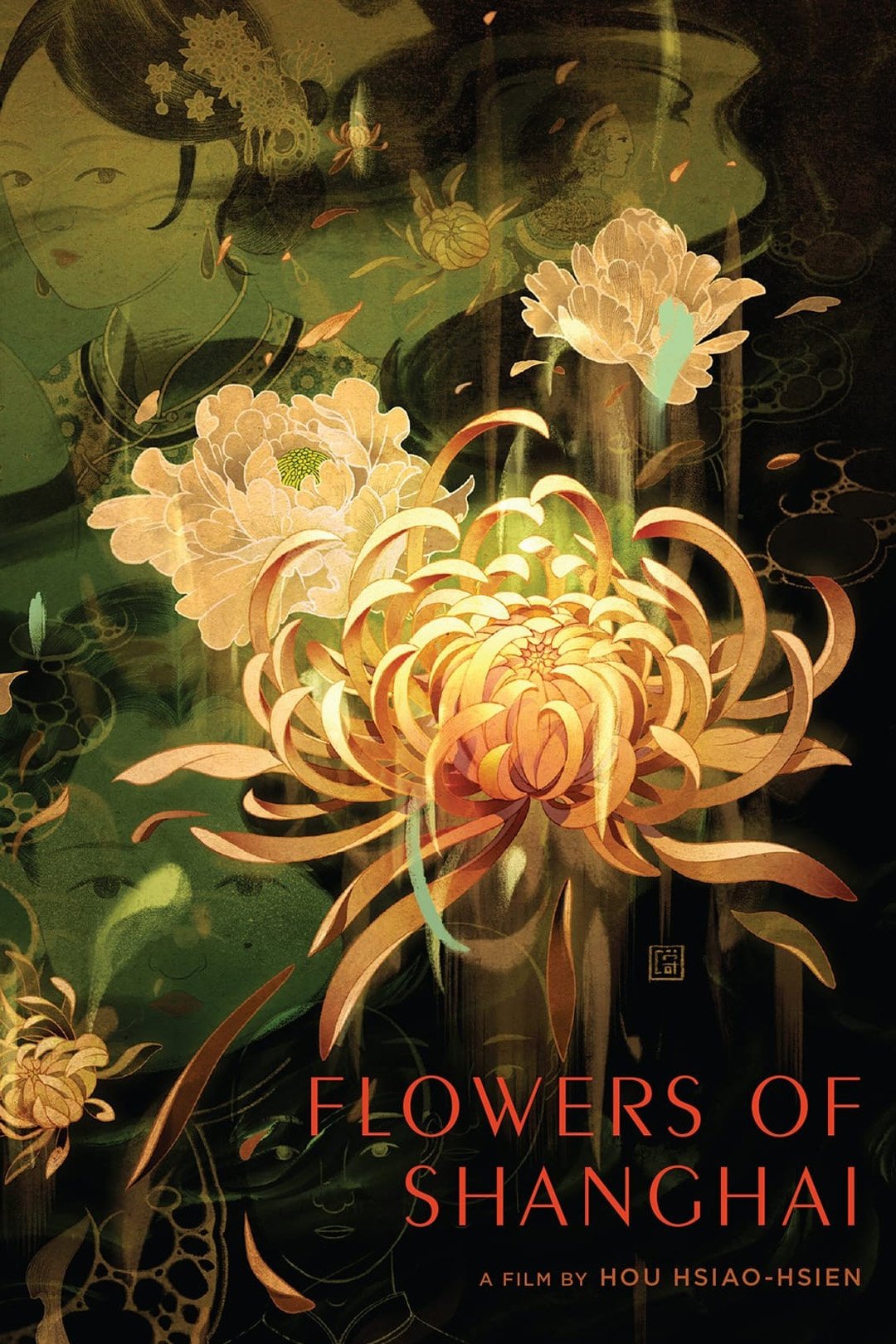
A new documentary by Daniel Raim and Eugene Suen on the making of "Flowers of Shanghai," featuring behind-the-scenes footage and interviews with Mark Lee Ping-bing, producer and editor Liao Ching-sung, production designer Hwarng Wern-ying, and sound recordist Tu Duu-chih.
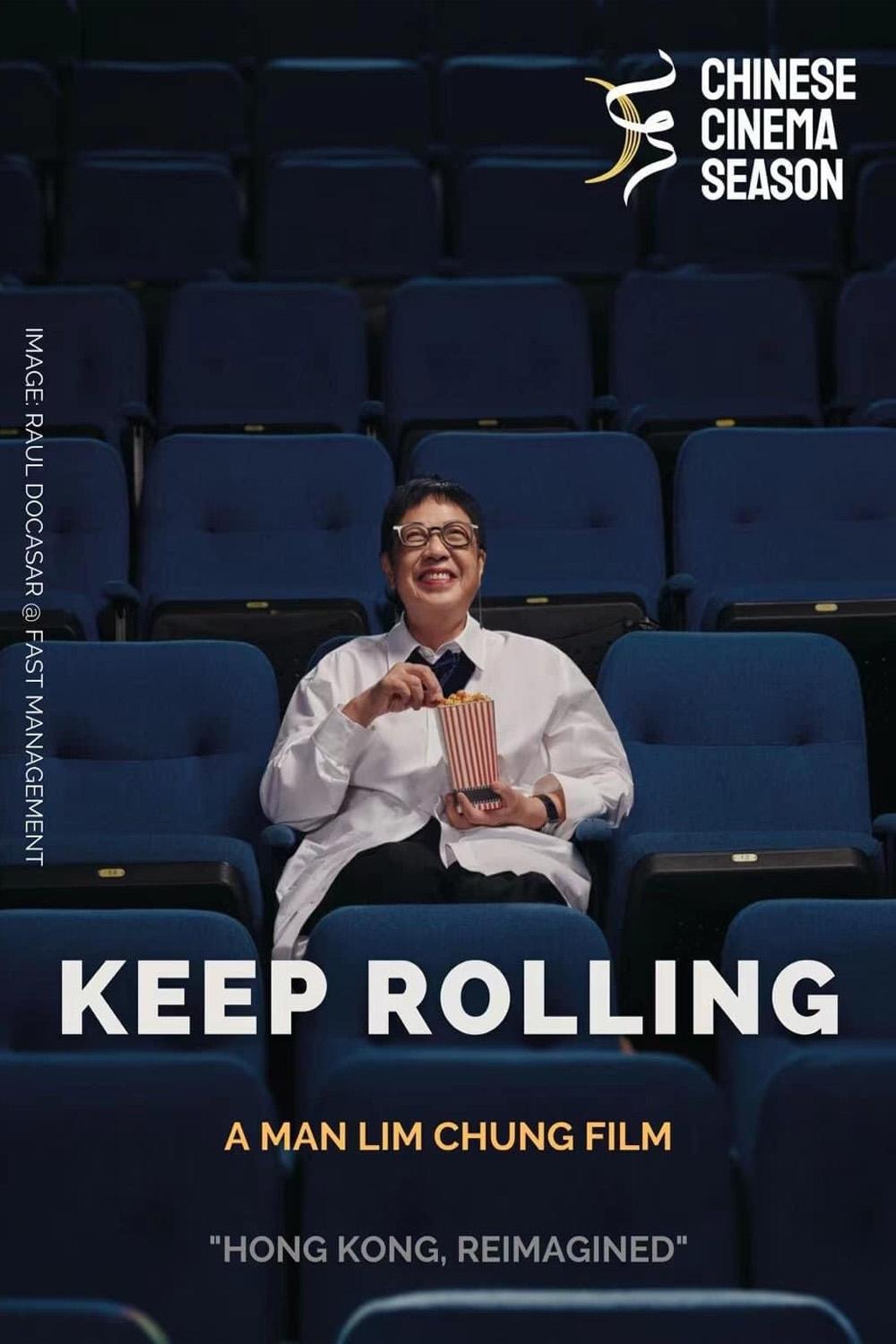
One of Hong Kong's most influential filmmakers, Ann Hui, becomes a “star” for the first time in Man Lim-chung's directorial debut. A forerunner of the New Wave, Hui’s tumultuous, forty-year career is an unequivocal testimony to her unyielding dedication to filmmaking, and her expedition into the metamorphic city. This biopic probes into the acclaimed director’s idiosyncratic world, where we witness her rashness and goofiness, as well as her humanistic concerns for the everyday nobodies which make her films so moving.
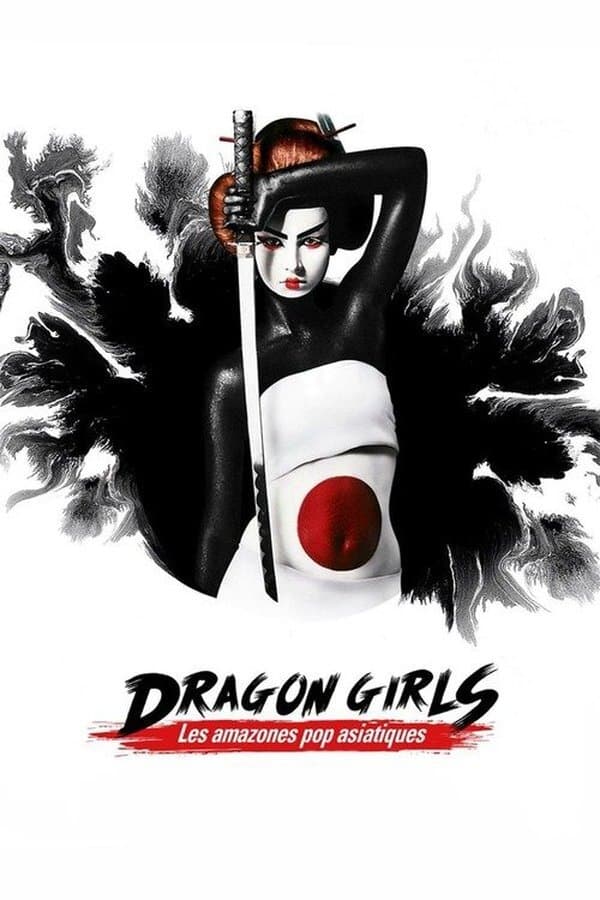
Yves Montmayeur takes Crouching Tiger, Hidden Dragon as the starting point for his study of the new female warrior in Asian pop culture. From Beijing to Tokyo and Taiwan, he went to meet with the most iconic muses of this new trend, including Michelle Yeoh, Zhang Ziyi, Shu Qi, and Asami.
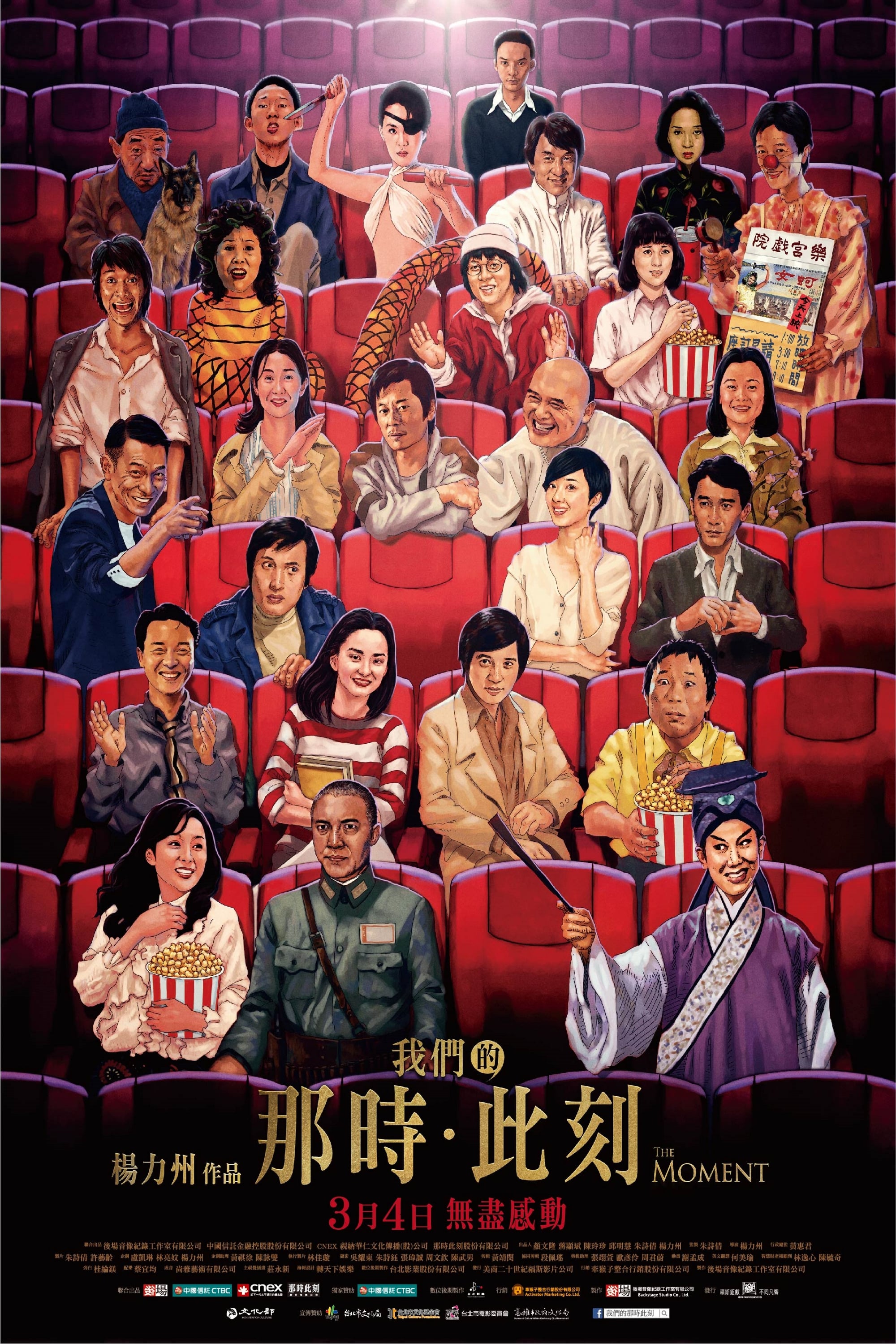
In 2013, the Golden Horse Film Festival celebrated its 50th anniversary. The ministry of Culture commissioned director Yang Li-chou to make a documentary about the history of Golden Horse. What is unique to this film is that it's not an ode to celebrities but about the role cinema plays in ordinary people's lives. It's a love letter to cinema, filmmakers and audiences.
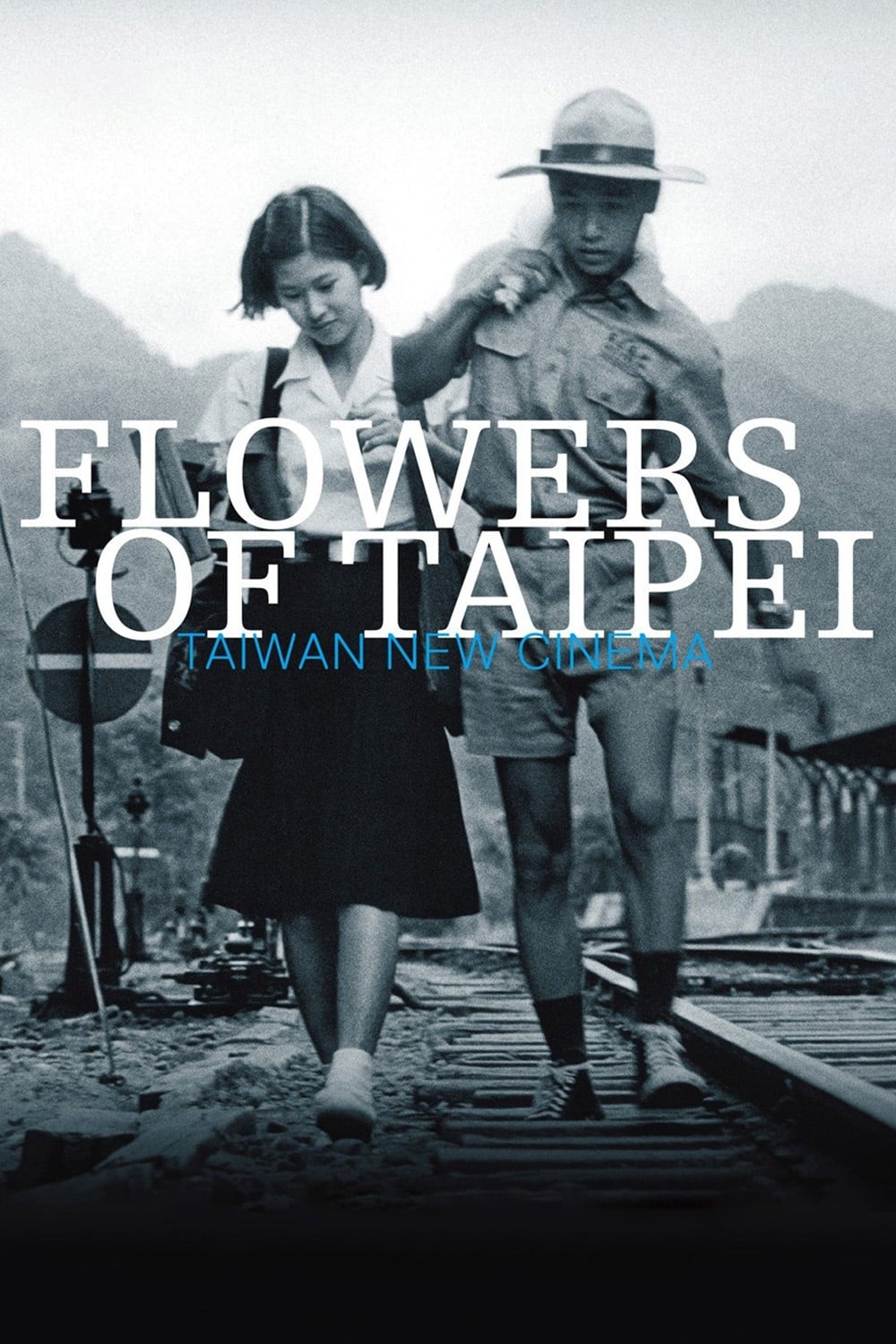
With Taiwan remaining in the grip of martial law in 1982, a group of filmmakers from that country set out to establish a cultural identity through cinema and to share it with the world. This engaging documentary looks at the movement's legacy.

At the 60th anniversary of Cannes Film Festival, 34 famous directors are followed by camera.
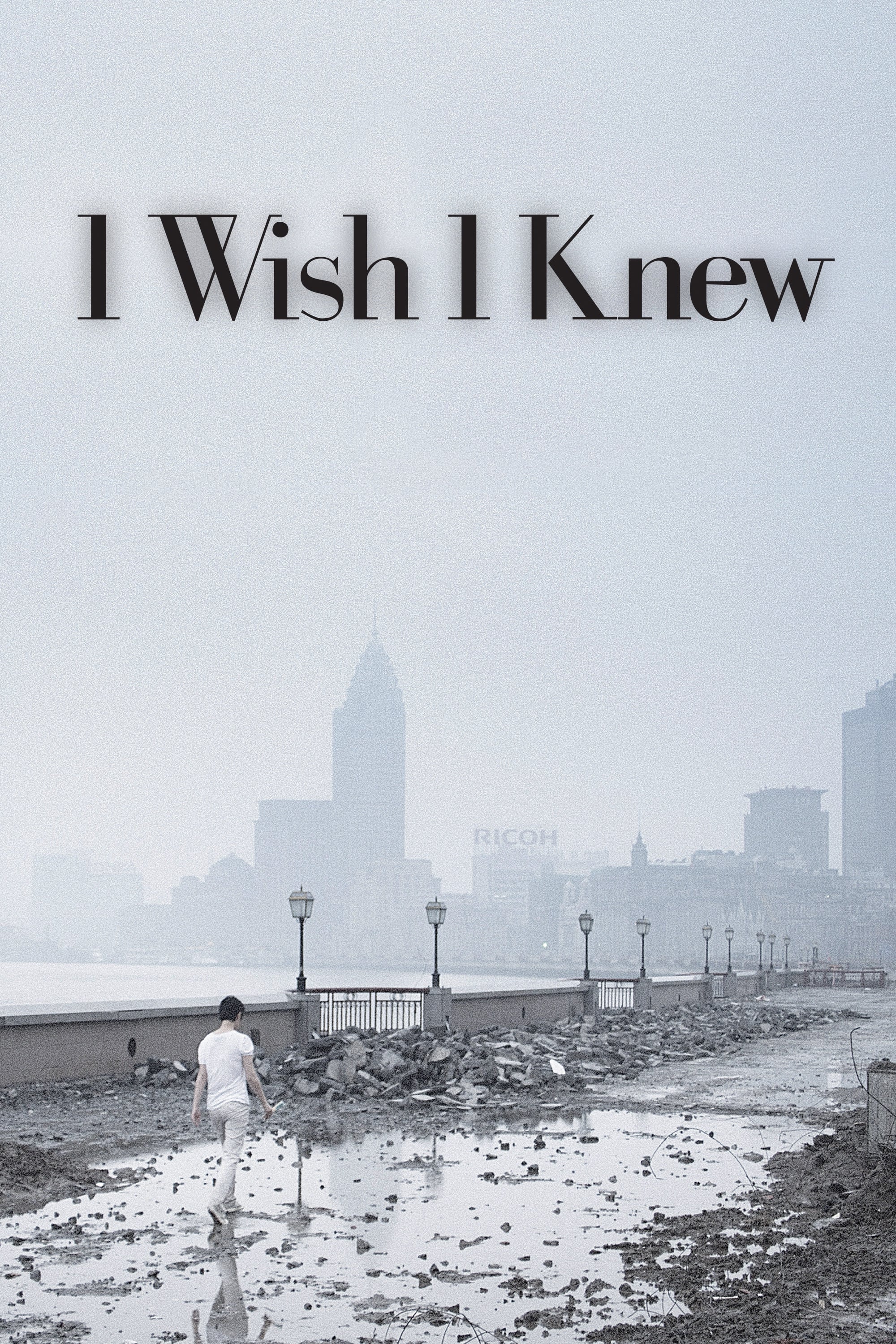
Focuses on the people, their stories and architecture spanning from the mid-1800s, when Shanghai was opened as a trading port, to the present day.
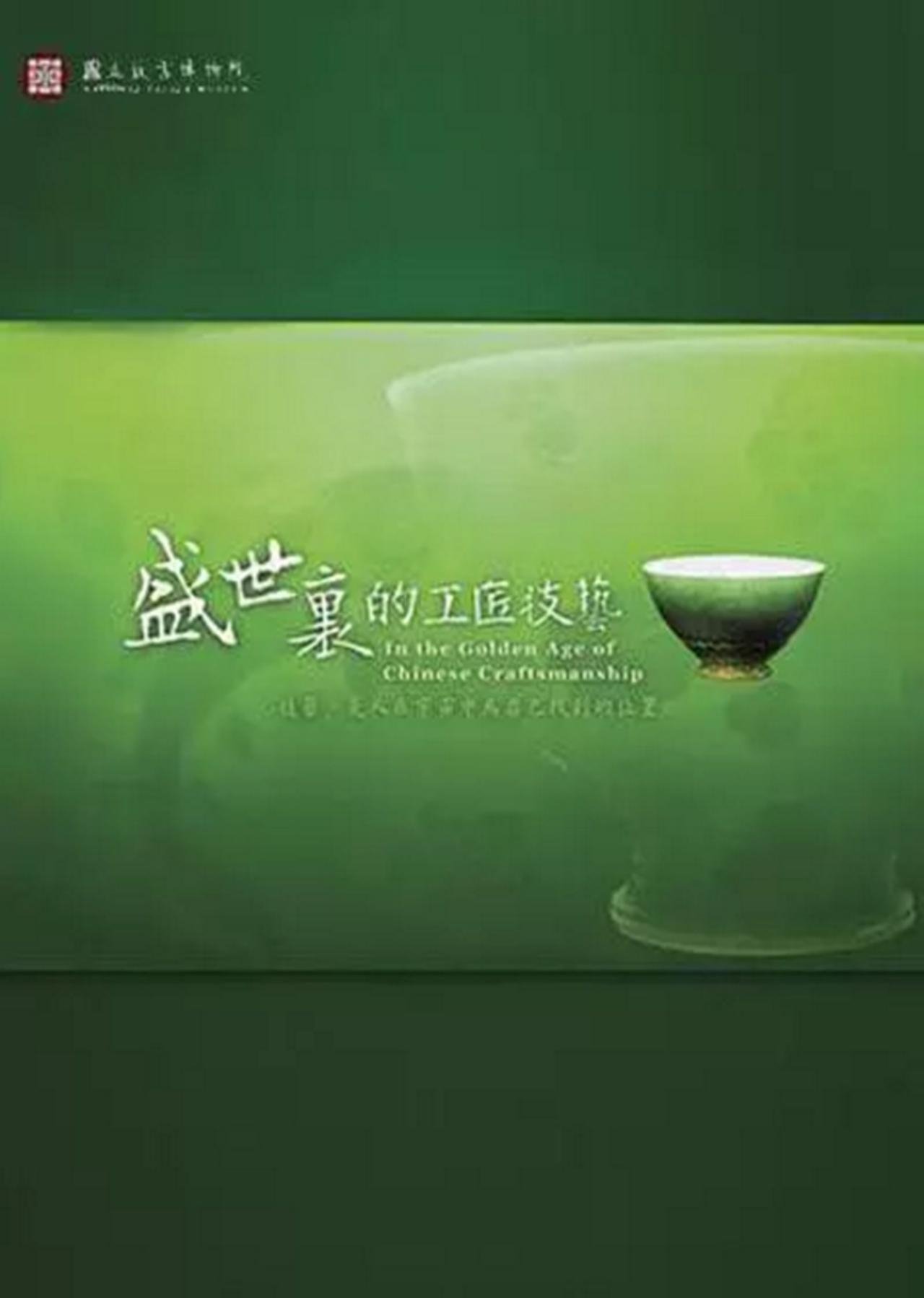
The essence of progress in civilization has always been handiwork. In traditional Chinese civilization, the emperor was supreme. Vested with the authority to enjoy the best of handiwork, all crafts used for residence, clothing, food, and travel were the most refined and splendid.
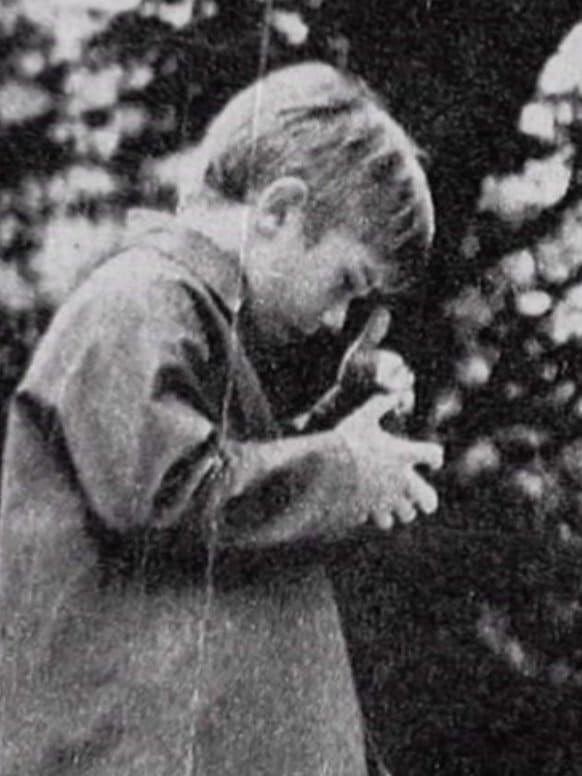
Pascal Lamorisse is the son of filmmaker Albert Lamorisse. He is also the little hero of some of his father's films (White Mane, The Red Balloon and Stowaway in the Sky). Over the years, Albert Lamorisse, who took his son on all his shoots, sought to transmit his expertise and his passion for filmmaking, even on his last film, The Lover's Wind. There is something in the story of Pascal Lamorisse that touches on a fabulous story: it is the story of the transmission of cinema from father to child.
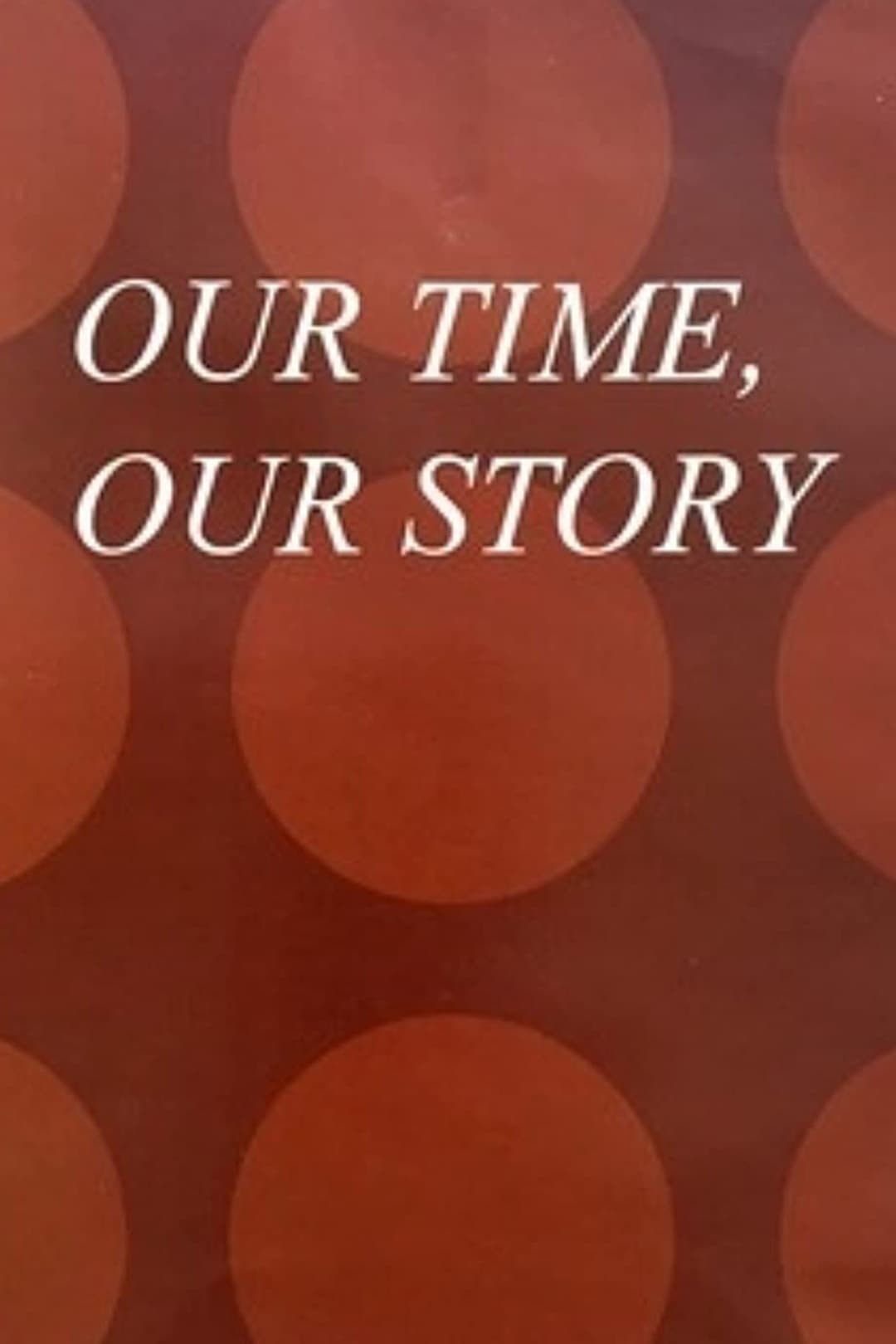
Richly illustrated with film clips and interviews, OUR TIME, OUR STORY tells the still-evolving story of the Taiwanese "new wave," from its rise in the early 1980s, as the island was democratizing after decades under martial law, through growing international recognition and domestic debate in the 1990s. Spearheaded in its early years by such filmmakers as Edward Yang, Ko I-cheng, Hou Hsiao-hsien and Wan Jen, the movement revitalized Taiwan cinema through low-budget experiments that emphasized personal stories, political reflection and stylistic invention. Said filmmakers, writers and actors like Wu Nien-jen and Sylvia Chang, even "second wave" directors Tsai Ming-liang and Lin Cheng-sheng provide fond reminiscences and retrospective insights in this compelling account of one of the most distinctive national cinemas of the last quarter-century.
Hou Hsiao-hsien (Chinese: 侯孝賢; pinyin: Hóu Xiàoxián) (born April 8, 1947) is a retired award-winning film director and a leading figure of Taiwan's New Wave cinema movement.
By browsing this website, you accept our cookies policy.